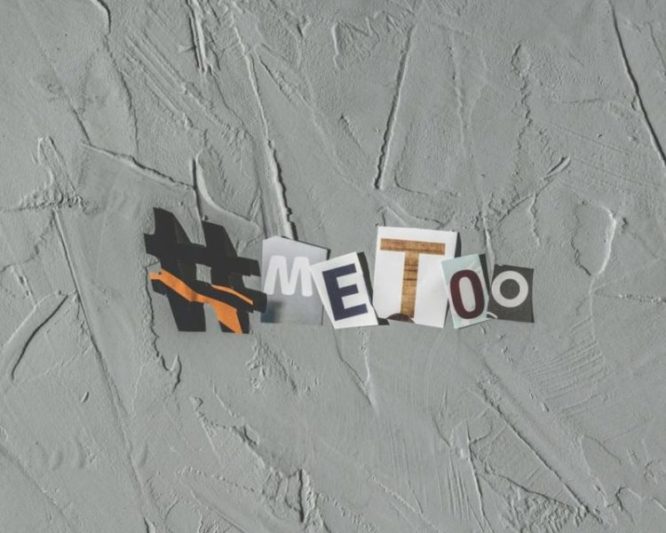Changes To SB 1300-California Fair Employment and Housing Act (FEHA) Relating To Workplace Harassment Claims

Sexual Harassment
SB 1300 makes numerous changes to California’s Fair Employment and Housing Act (FEHA) relating to workplace harassment claims. It prohibits an employer from requiring an employee, in exchange for a raise or bonus, or as a condition of employment or continued employment to:
- Agree not to sue or bring a claim against the employer under the FEHA; or
- Sign a non-disparagement agreement preventing the employee from disclosing information about unlawful acts in the workplace, including but not limited to sexual harassment.
These prohibitions don’t apply to a negotiated settlement agreement. In a letter to the Daily Journal on August 31, 2018, the law’s author also clarified that the prohibitions don’t apply to severance agreements.
Additionally, SB 1300 expands employer liability for unlawful harassment by nonemployees and prohibits a prevailing defendant from being awarded attorney’s fees and costs unless specific factors are proven. Under the new law, employers are permitted, but not required, to provide bystander intervention training.
Through these declarations, the Legislature took it upon itself to state that a single act of harassing conduct is sufficient to create a “triable issue of hostile work environment,” lowered the standard of proof for bringing a harassment claim and declared that the legal standard for sexual harassment claims should not vary by type of workplace. SB 1300 is a reflection of the Legislature’s desire to make it increasingly difficult for employers to defend against workplace harassment claims.
Sexual Harassment Training
Current law requires employers with 50 or more employees to provide supervisors with two hours of sexual harassment training within six months of hire or promotion. Under SB 1343, by January 1, 2020, all employers with five or more employees will be required to provide two hours of sexual harassment training to supervisors and one hour to non-supervisorial employees within six months of hire or promotion, and every two years after that. Employers who provide the training to employees in 2019 will not be required to retrain the same employees in 2020.
Temporary and seasonal employees must be trained within 30 days of hire or 100 hours worked, whichever is earlier. Temporary services employers will be responsible for training employees who are placed with clients.
*Information provided by CalChamber
For additional help with recruiting efforts, check out our library of helpful HR training videos.
CA HR Services specializes in working with small and medium-sized companies to help develop legal, efficient and appropriate HR processes and procedures that meet state and federal labor law requirements.
